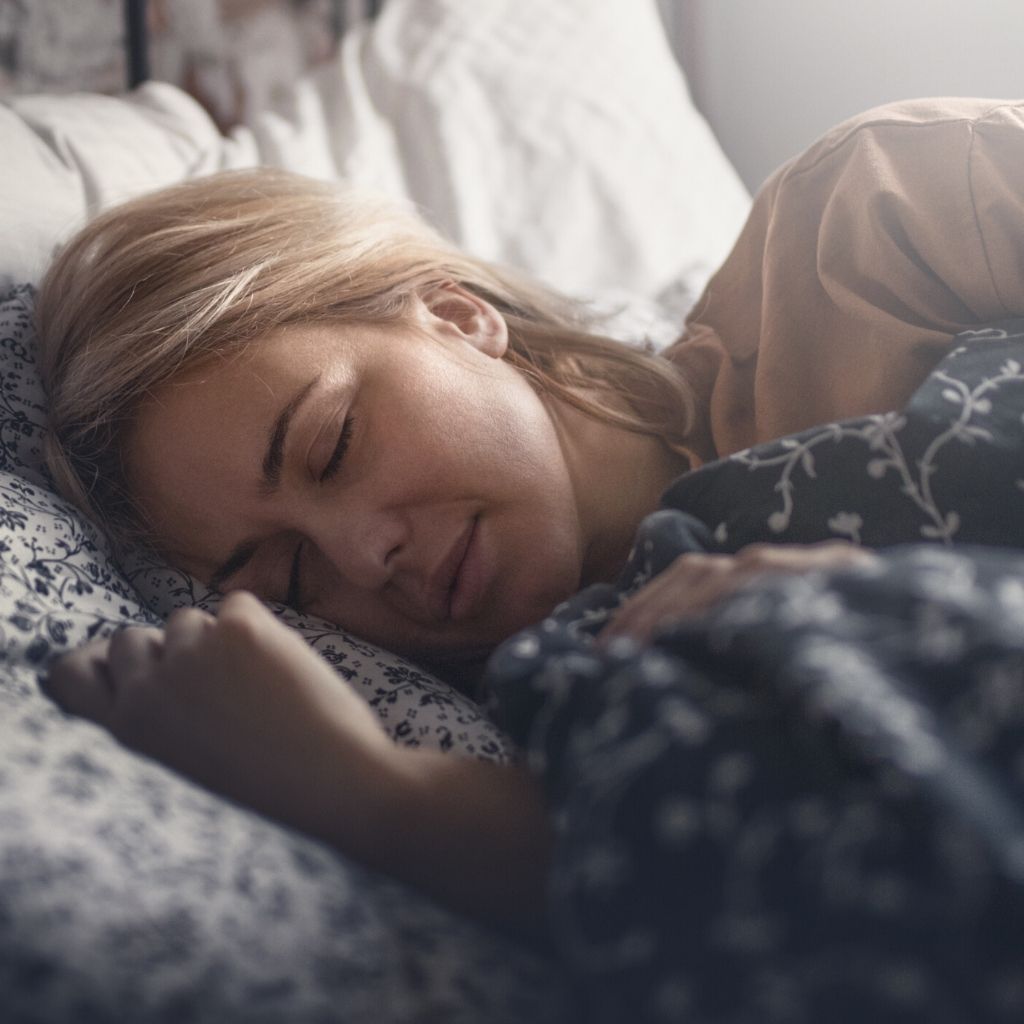Making sure we get enough sleep each night is crucial. It is how our body rests, enabling our brains to rejuvenate. Sufficient quality sleep also helps us to manage our stress levels and optimises energy levels.
Research by the American Psychological Association have found that stress may be contributing to poor sleep. They reported a link between increased stress and a reduction in quality and quantity of sleep. When we don’t get the recommended 7 – 9 hours of sleep, this can aggravate chronic stress and lead to elevated cortisol levels in the body. Elevated cortisol plays havoc with our natural sleep cycle, leaving us mentally drained and less able to make a change to our bad sleeping pattern.
Leanne & Fitness Tips Say:
When we don’t get enough sleep, it can become difficult for us to focus on our everyday lives as the brain is preoccupied with coping with stress. So, what can you do to get back on track and get those zzzzzz’s?
Time to track your sleep patterns! Report the following for a whole week:
- Daily rising time
- Bedtime
- Total amount of sleep
- Number and causes of sleep disruptions
If you address these findings and understand where your sleep pattern is going wrong, then you may find changes in other areas of your health and mental behaviours.
Identifying the causes of stress and finding solutions is the first step to reducing your stress levels. So, turn off all distractions such as television and mobile phones. Get into bed at a reasonable hour every night and try to switch off. Try using relaxing music or meditation if you need.
Need more ideas? Here’s 13 Tips On How To Get A Good Night’s Sleep.
And have yourself a good night’s sleep!
xx Leanne



